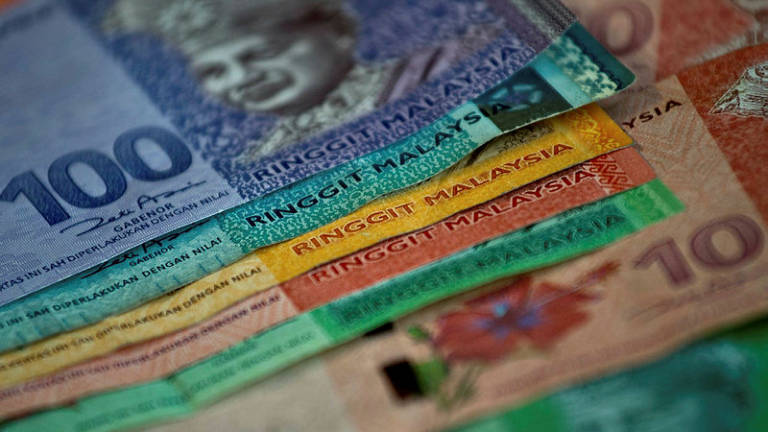KUALA LUMPUR: The Prihatin Economic Stimulus Package and the Prihatin Package for Small and Medium Enterprises (SMEs) (Additional Measures) are a breath of fresh air for 146,390 SME entrepreneurs nationwide whose businesses have been adversely affected by the Covid-19 pandemic.
Qairy Maheran, secretary of the Young Traders Bureau of the Federation of Malay Hawkers and Petty Traders Association said the stimulus packages would help SMEs in sustaining their business.
“With the additional stimulus package, SME entrepreneurs will be able to continue their business with the help of a working capital, and the three-month wage subsidy of RM1,200 per month per employee will also help to ease the employer’s financial burden,” he said to Bernama.
On March 27, the government allocated RM4.5 billion to help SMEs, including micro-entrepreneurs, through five key initiatives.
Firstly, the amount of the Special Relief Facility in the form of working capital for SMEs has been increased by RM3 billion to a total of RM5 billion, while the interest rate for the facility will be lowered to 3.5% from 3.75% previously.
The Fund for SMEs - All Economic Sectors is increased to RM6.8 billion from RM1 billion to ease the SMEs’ access to financing.
Bank Simpanan Nasional’s fund allocation for the Micro Credit Scheme has also been raised to RM700 million from RM500 million previously.
The initiative is open to micro entrepreneurs in all sectors, including child care centre operators, bus and taxi operators, the creative industry and online traders.
SMEs that have a track record of less than four years can also benefit from Credit Guarantee Corporation’s BizMula-i and BizWanita-i schemes that offer up to RM300,000 in financing.
Meanwhile, Syarikat Jaminan Pembiayaan Perniagaan (SJPP) will offer government guarantee schemes worth RM5 billion while the guarantee coverage has been raised to 80% from 70% for SME companies that have problems in obtaining loans.
Qairy said based on the federation’s data as of April 3, Kedah has the highest number of affected SMEs at 22,160, or 15% of the state’s total number of SMEs, followed by Perak (20,694 - 14%), Johor (17,521 -12%), Selangor (14,768 -10%) and Pahang (13,945 - 10%).
He added that those who were most affected were the roadside hawkers and hawkers operating with or without a permanent premise, night market and agro-market traders, as well as those operating at local authorities’ premises, food courts, uptown bazaars and food trucks.
As such, Qairy said the federation plans to organise a financial and company management workshop as well as a workshop on digital business so that the financial assistance is efficiently utilised while simultaneously ensuring that the employees’ welfare are taken care of.
“SME entrepreneurs also need to know their customers’ needs instead of selling products that they feel can be sold; they need to have a proper business plan as it will take some time for demand to recover,” he said.
Consumers would be prioritising basic necessities such as raw ingredients for cooking, health and personal care products, as well as telecommunication devices and internet installations, said Qairy.
He added that the people would be spending more prudently as the Covid-19 would have a traumatic impact on their behaviour.
Qairy also urged members of the federation and SMEs to remain calm and take proactive measures to apply for the government’s assistance. — Bernama










